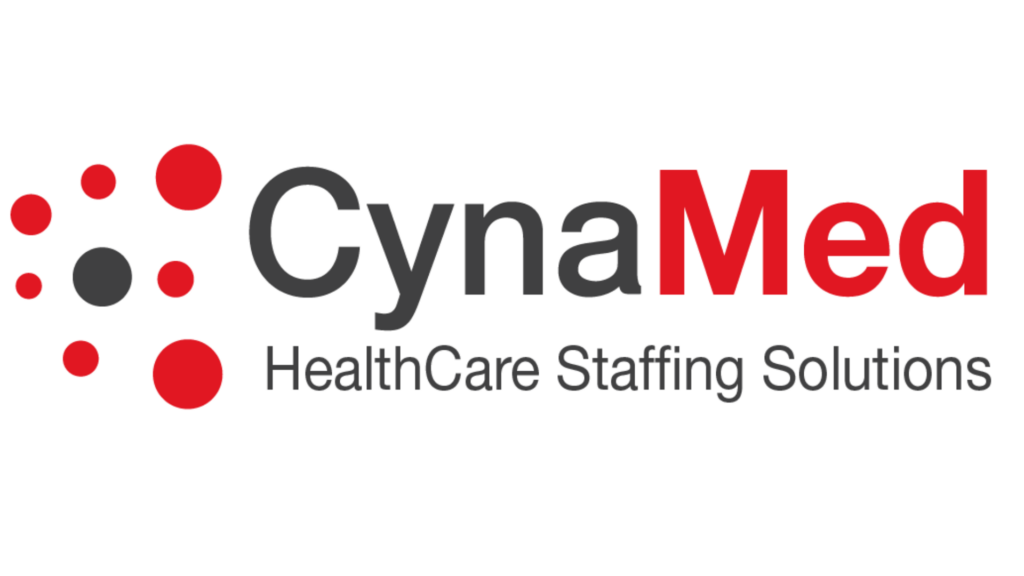You will have to face many difficult situations within a healthcare environment. Nursing ethics become involved when making crucial decisions depending on a patient’s condition. Each nurse must adopt a code of ethics to address troubling dilemmas when they occur.
Nursing Code of Ethics: What To Know
Initially founded by Fowler, the first nursing code of ethics came to be in 1950, as The Online Journal of Issues In Nursing shared. In the 1980s. Nurses needed proper guidance, which resulted in adopting ethical principles in nursing.
Ethical Principles In Nursing
Here are five principles: Non-maleficence, beneficence, autonomy, justice, and privacy/confidentiality. Each code signifies a set of rules which each nurse should follow.
Non-maleficence:
This principle is known within the nursing community as it translates to ‘not harm.’ Non-maleficence urges nurses to ensure that patients receive the care needed to be healthy. Should a patient wish to inflict harm on themselves, it is also a nurse’s responsibility to report it.
Beneficence:
Nurses care for their patient’s welfare and ensure their actions carry kindness and compassion. The idea of doing good to others is by beneficence; nurses can continue practicing this.
Autonomy:
Nurses follow the rule of autonomy which grants them the right to care for patients in their best interest. A nurse is responsible for informing patients of their diagnosis, medications, and treatments. RNs must abide by a patient’s decision even if they don’t receive the necessary care.
Justice:
Despite race, ethnicity, color, or gender, nurses must be impartial and fair when caring for each patient. Justice allows each patient to receive the care they need despite outside circumstances.
Privacy/Confidentiality:
A nurse must abide by each patient’s right to privacy and confidentiality. This means that health records, diagnosis, medications, and treatments are to be kept private at the patients’ wishes. Nurses must follow this principle as sharing personal patient information is not allowed.
Common Nursing Ethics Dilemmas
There are several reasons why a nurse may face a dilemma in nursing. However, a nurse must act professionally during these difficult situations. Here are some of the most common difficulties and how to handle them.
Dilemma 1: Underage Patient Does Not Wish To Disclose Medical Information
Sometimes, patients don’t want to share their medical information with a family member. When the patient is underage, the line becomes gray depending on where you live. Certain areas allow for underage patients to have complete privacy to their information. They can even consent to specific procedures without parental consent.
Solution: If the patient is old enough and laws allow it, they have a right to privacy. You should follow the nursing code of ethics and keep the information confidential. Don’t be afraid to consult with your supervisor if you are unsure.
Dilemma 2: The Choice of Birth or Termination
When a patient falls pregnant, there are some circumstances where the baby cannot be born. In addition, a patient may have a risk of death due to disease or illness. In this instance, you may need to discuss terms with the patient. At this time, the patient will be looking to you as the nurse for your medical opinion.
Solution: Whether you support abortion or not, you mustn’t bring your personal beliefs into conversation. Medical professionals must do what is in the patient’s best interests regarding health. The first step is encouraging patients to speak with their loved ones and relatives in which they confide. Next, the nurse must follow up with a physician to decide which option will be best before the deadline.
Dilemma 3: Declining Vaccinations For Children
There can be instances where parents are against vaccinations. Some reasons include religion or personal beliefs. In healthcare, children should receive proper vaccines to live a long life. A nurse must face the parent’s decision and their right to advocate for vaccines.
Solution: As a nurse, your job is not to tell the parent what they should or should not do. Instead, it is your job to educate the patient about any potential risks and the safety of vaccinations. This way, the parent can make an educated decision. For example, should the parent continue to decline vaccination and have them fill out a declination form?
Remember to Take Care of You
When handling dilemmas and following nursing ethics, things can get pretty overwhelming. Nurses should practice regular acts of self-care as they have to face difficult situations daily. Self-care is an excellent tool for mental and physical well-being. CynaMed would like to offer you our e-book, Nurses: The Ultimate Guide To Self-Care, for further resources on self-care.
If you’re looking for your next job in healthcare, CynaMed is an expert in healthcare staffing. We have connections with top healthcare facilities in the greater Pittsburgh area. Visit our website or contact us today to apply!






